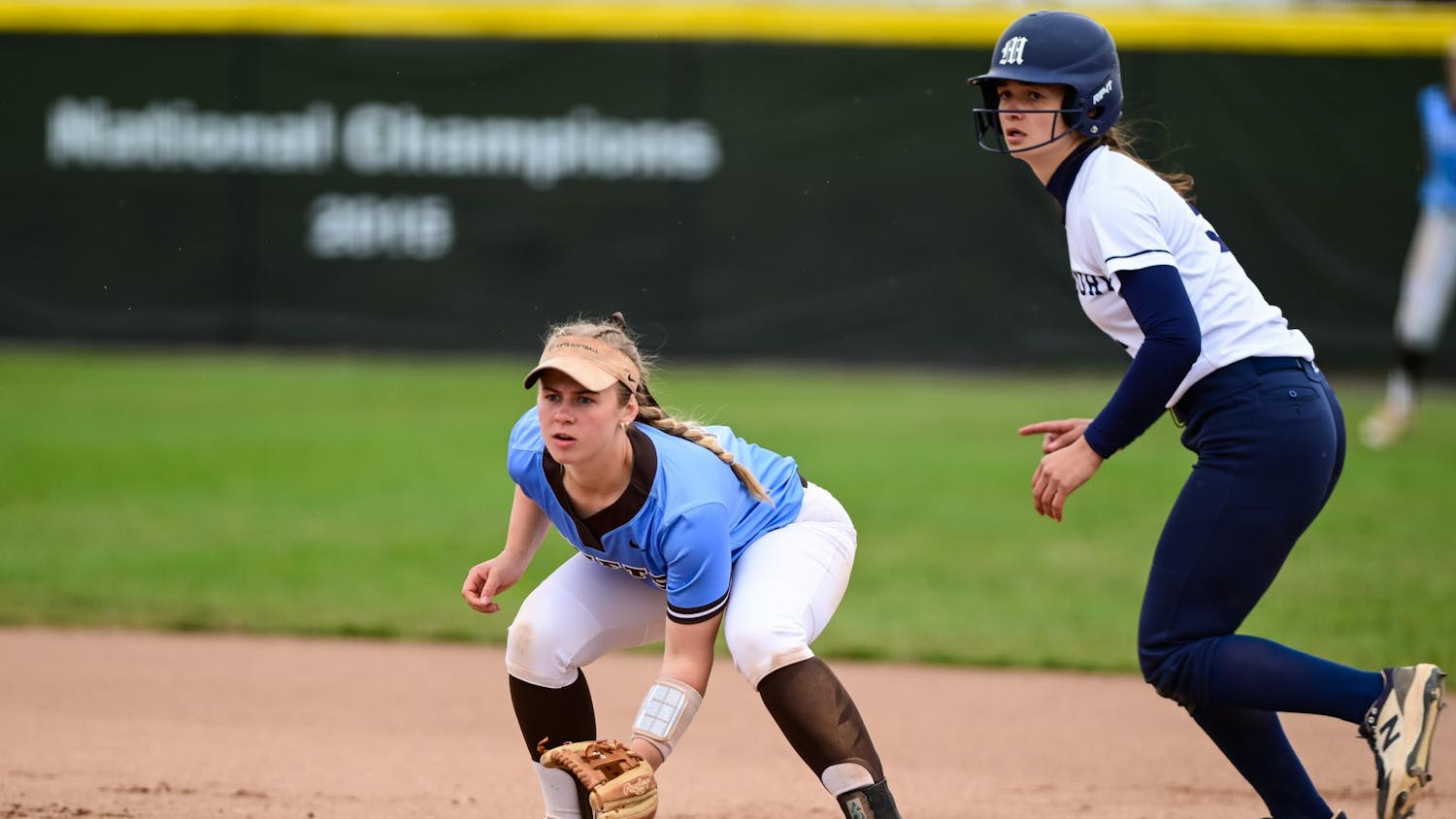Last summer, NBA players said they were done playing America’s games. Fed up with national apathy with the senseless killing of Black Americans by law enforcement, the Milwaukee Bucks put their foot down and on Aug. 26, they boycotted their playoff game, changing how America’s elite athletes used their superstar platform. The game no longer just spoke for itself; the players had a loud voice too.
While this day was a clear indicator of the rise in power of NBA players, it was by no means the beginning. Michael Jordan marketed his stardom to become a worldwide celebrity, and he leveraged that position to become the richest athlete of all time.
Jordan was the forerunner of NBA superstars becoming international cultural icons, but contemporary superstars such as Kyrie Irving of the Brooklyn Nets and Bradley Beal of the Washington Wizards have used their fame to actively speak out on social justice issues.
Today, though, those same superstars seem to want their neutrality back when asked if they were vaccinated against COVID-19. Irving and Beal are two such examples, but numerous NBA players have either outright said they are choosing not to get vaccinated or have made ambiguous remarks that leave a great deal up to interpretation.
Beal and Irving are joined by fellow stars Jonathan Isaac, a forward for the Orlando Magic, and Andrew Wiggins, a forward for the Golden State Warriors, in a chorus demanding fans and media “respect their privacy” regarding why they chose not to protect themselves, their families, their fellow players and their coaching staff from a deadly virus that has now killed 4.8 million people.
Their position is a disgrace to themselves and to the NBA and an insult to the tireless work that frontline healthcare workers do every day. These men, who mobilized their unique position as cultural forces for good just over a year ago, now seem intent on doing the same to harm and misinform their millions of fans and admirers.
Their claim to medical privacy is indefensible for two reasons. First, nothing about a professional basketball player’s medical life is private. When Irving received knee surgery in 2015, the exact number of screws put in as well as the name and degrees of the surgeon were made public by Irving himself. When Wiggins missed two games in 2019, the entire world could see it was because of a left quad contusion. Both men seemed perfectly comfortable sharing their personal medical records with the world then.
Second, getting vaccinated against COVID-19 is not a private medical decision for anyone. An individual’s decision affects everyone around them, including their family, friends and coaching staff. Any assertion that it is solely the business of the players themselves is wholly deaf to realities of a pandemic, something we’ve all become intimately familiar with.
Players like Irving and Beal are forcing the vaccine discussion in the NBA to be about division even when other superstars like LeBron James and Stephen Curry have been vaccinated, and we have seen the positive change that players can make when united for a common good. The NBA should be a united, pro-vaccine front, not this mess of internal squabbling that these deviants have created.





